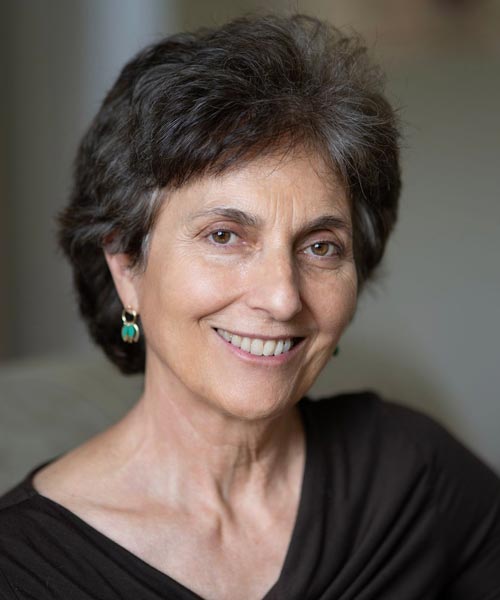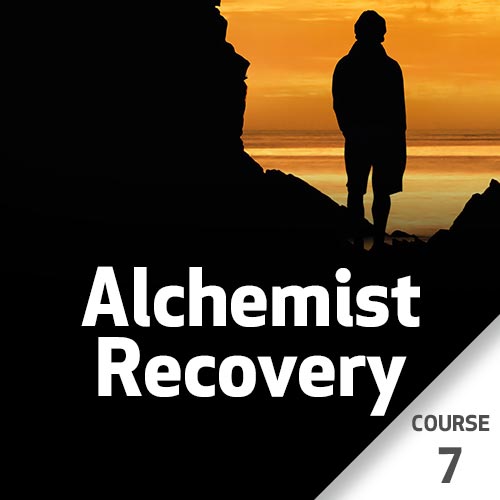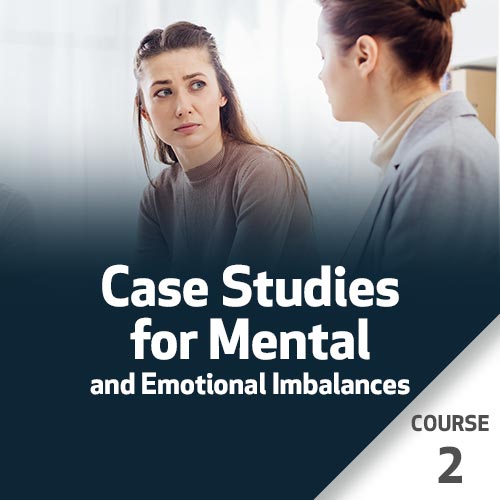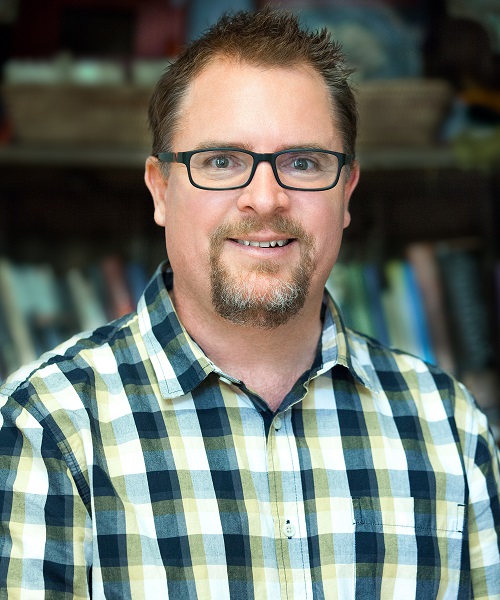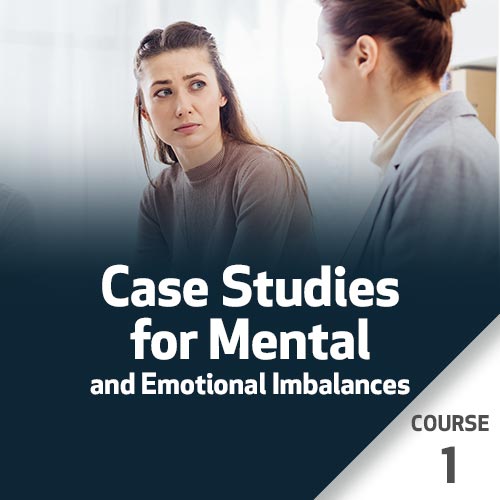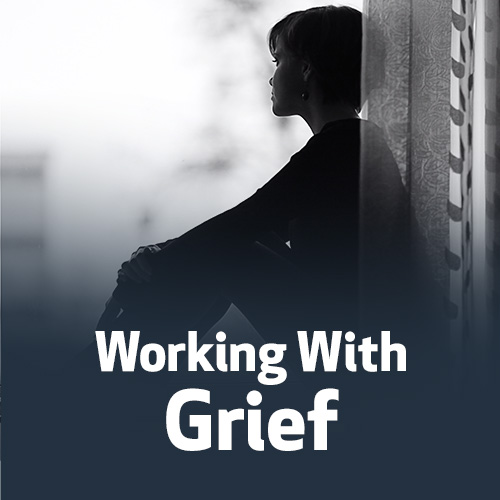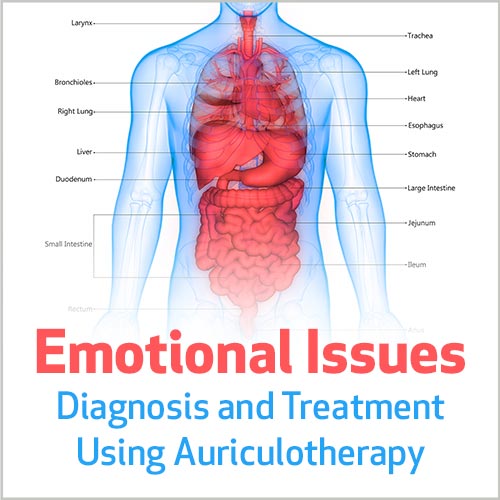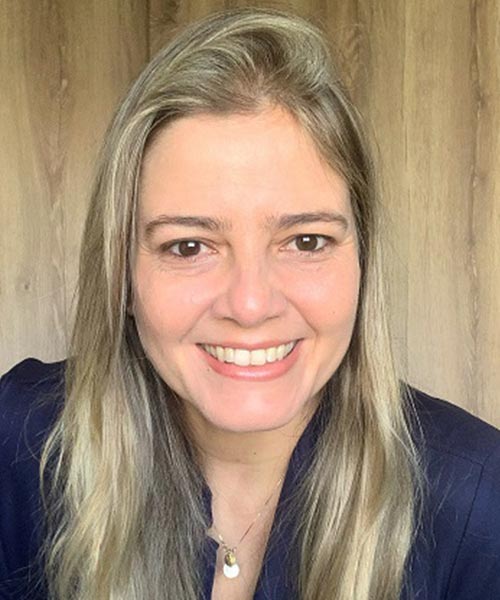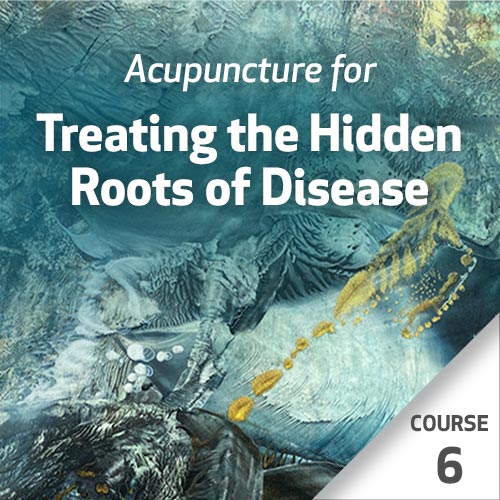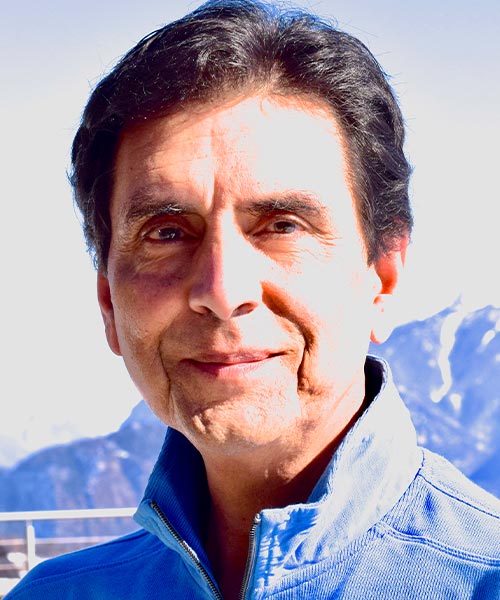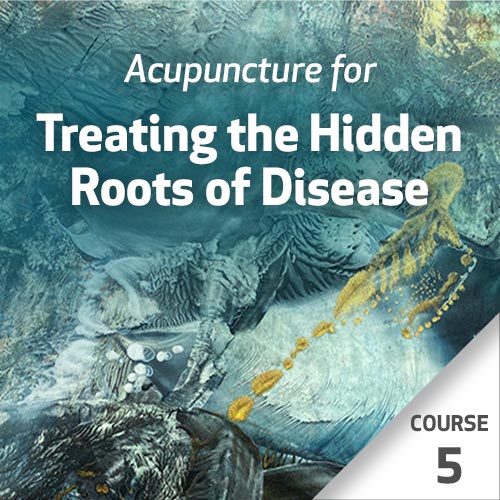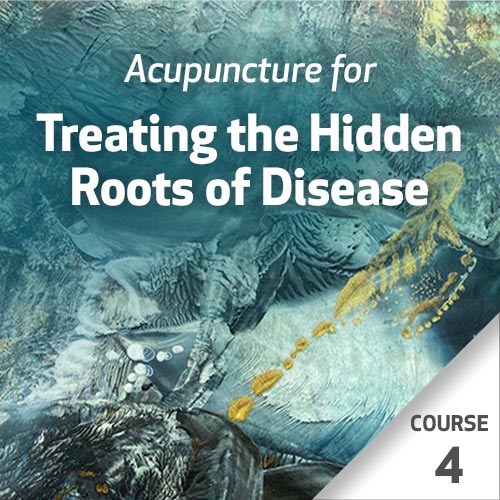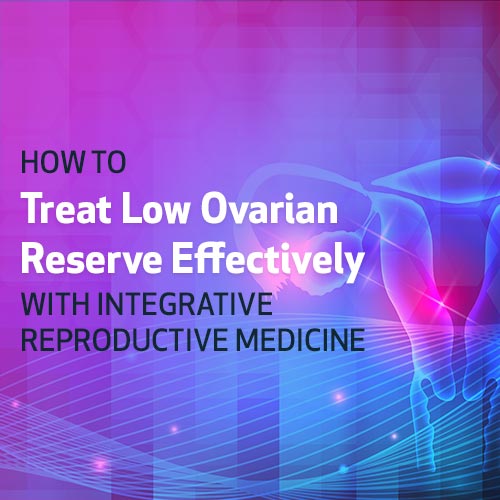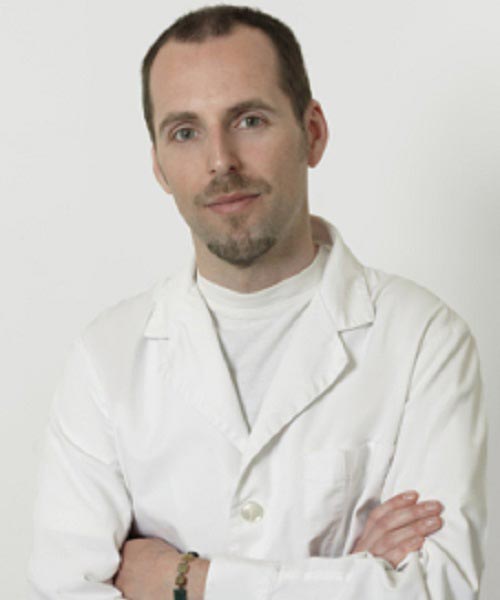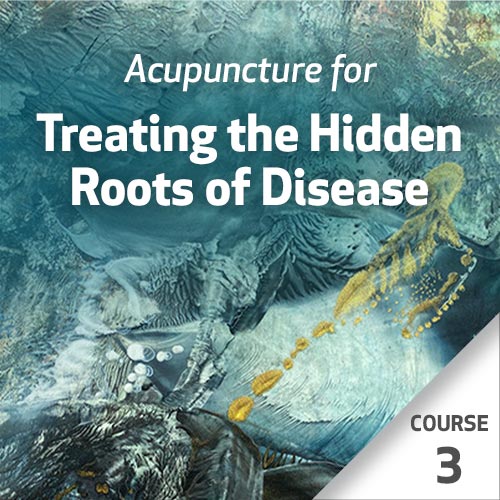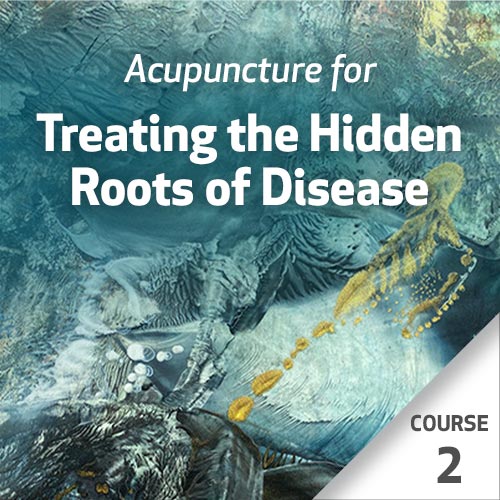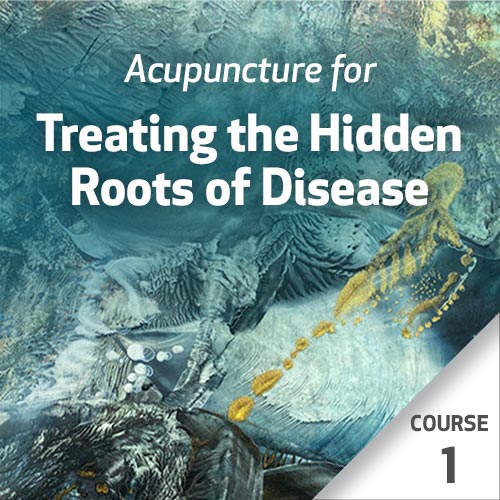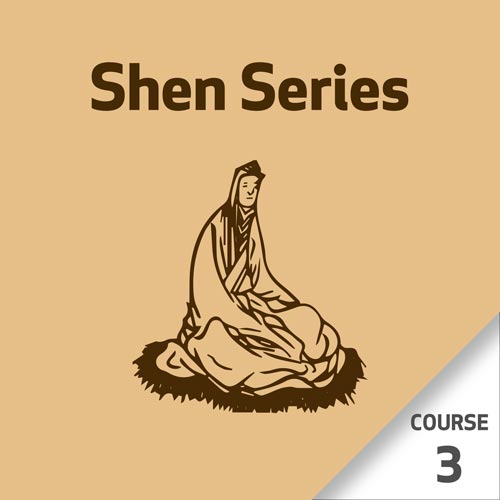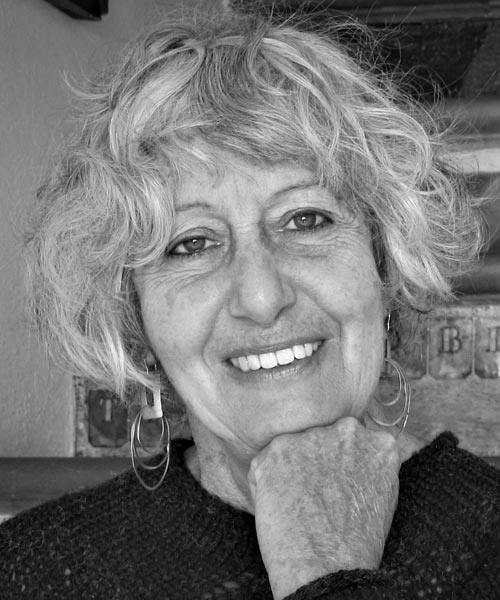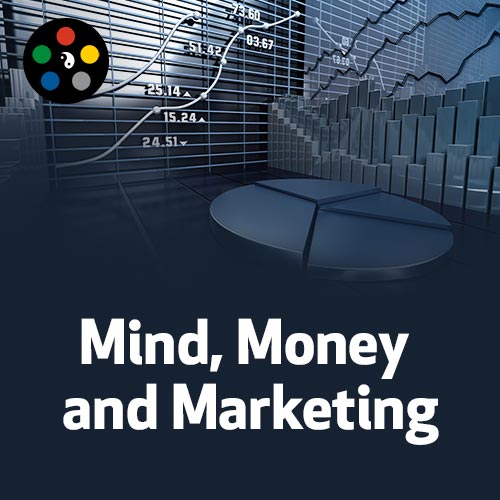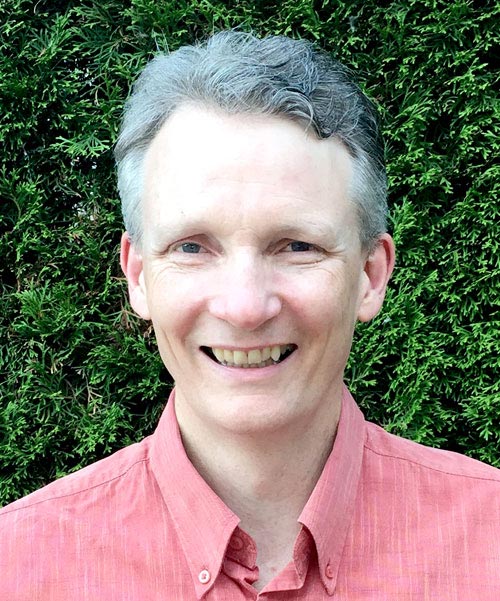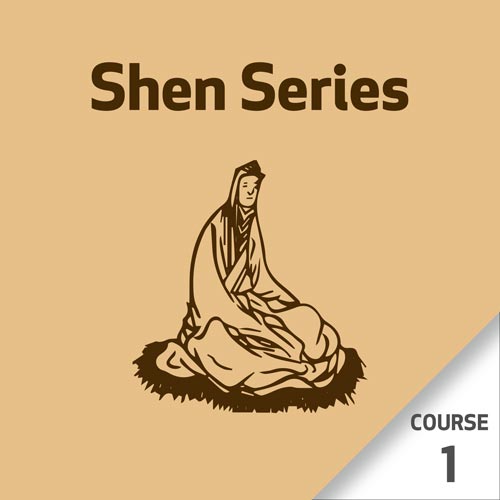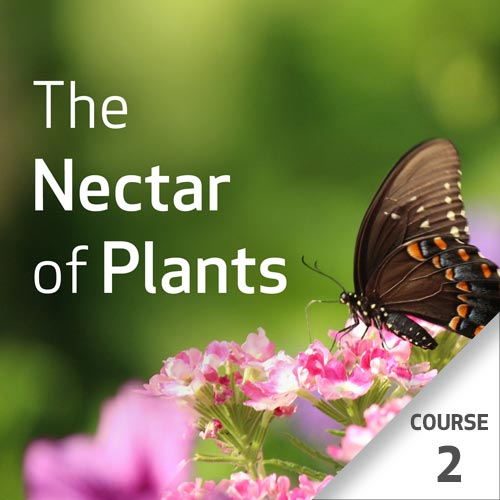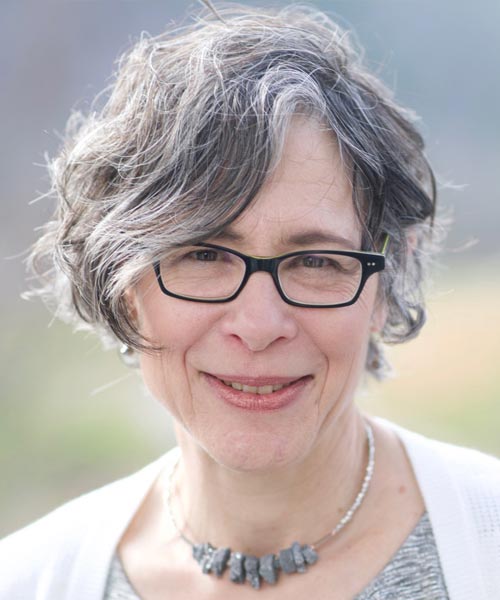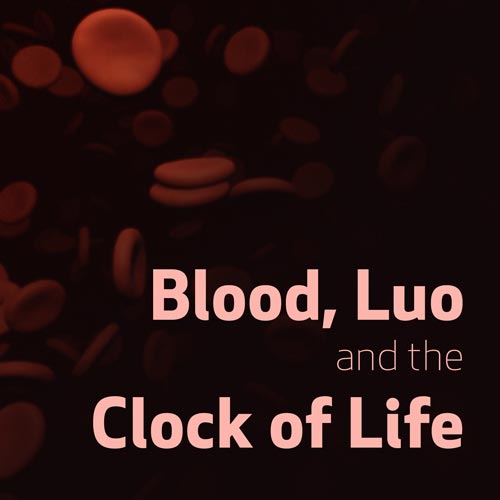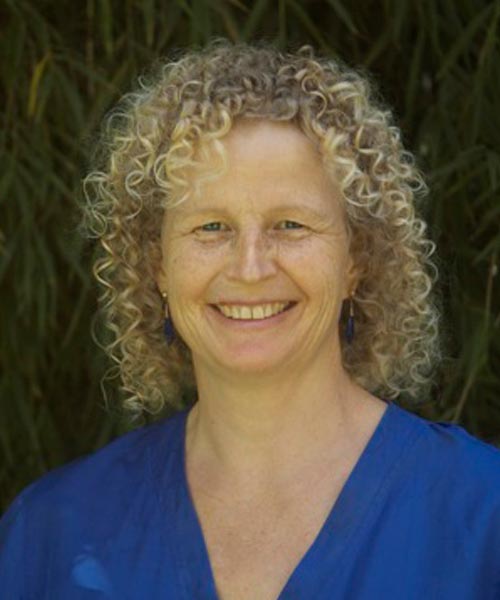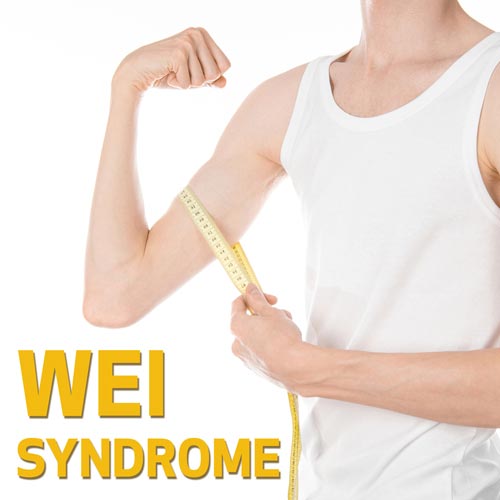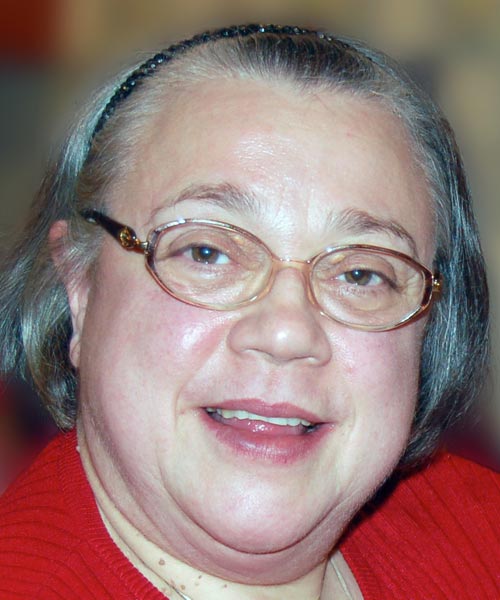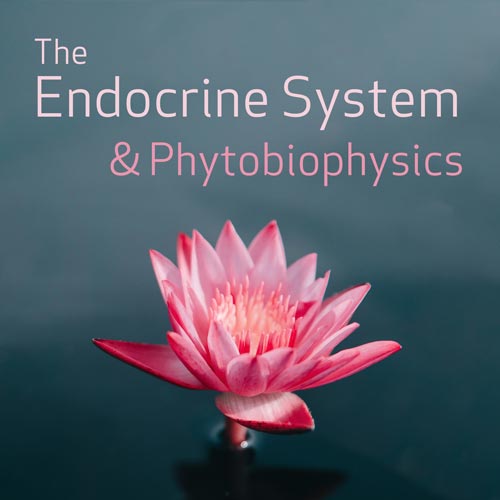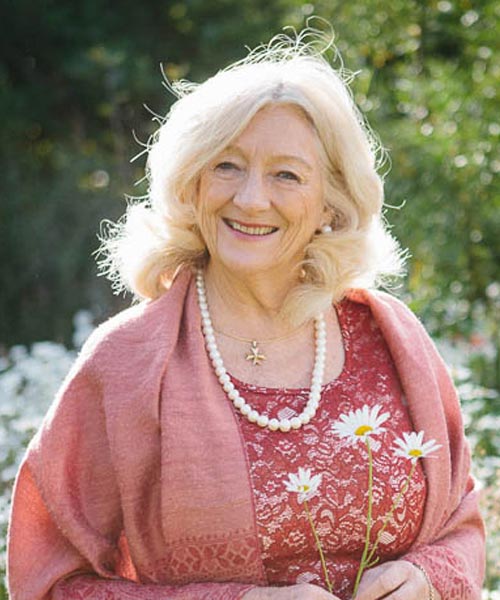Last Updated: September 26, 2024
These terms and conditions constitute a legal agreement between Net of Knowledge Inc., a British Columbia corporation with a registered address at 9113 Shaughnessy Street, Vancouver BC, V6P 6R9, Canada, and its subsidiaries, affiliates, and licensors (collectively, “Net of Knowledge”), and you. PLEASE READ THESE TERMS AND CONDITIONS CAREFULLY AS THEY CONTAIN IMPORTANT INFORMATION REGARDING YOUR LEGAL RIGHTS, REMEDIES AND OBLIGATIONS.
Agreement to These Terms
Access to and use of the website operated by Net of Knowledge, www.netofknowledge.com and any website that may be related thereto (collectively the “Site”) is governed by these Terms and Conditions, as well as any applicable laws and regulations. By accessing the Site, you hereby agree to adhere to these Terms and Conditions. If you do not agree to these Terms and Conditions, you are not authorized to use or access the content available on the Site.
Net of Knowledge reserves the right to modify these Terms and Conditions without notifying you. If Net of Knowledge makes any material change, Net of Knowledge will notify you by, for example, email notice sent to the email address specified in your account or posting a notice through the Site. Modifications will become effective on the day they are posted on the Site unless stated otherwise. Your continued use of the Site after the date any changes become effective constitutes your acceptance of the new Terms and Conditions. It is therefore imperative that you periodically check for updates to these Terms and Conditions.
Net of Knowledge reserves the right to deny access to the Site to any person who violates these Terms and Conditions or who, in our sole judgment, infringes on the rights of others.
Access
To access paid content on the Site, you must make the purchase from one of our partner webstores. Net of Knowledge does not bill customers directly. You must provide accurate and complete information about you, as the account holder, and keep your account up to date with the most current information at all times.
You are responsible for the maintenance, confidentiality, and security of your account and all passwords related to your account. You agree to keep your user name and password confidential and your account for your sole and personal use. You are also responsible for any and all activities that occur under your account, including any and all activities of any persons who gain access to your account with or without your permission. You also agree to immediately notify Net of Knowledge when your account has been accessed by a person other than you, and you agree to provide assistance to Net of Knowledge, as reasonably requested, to stop or remedy any breach of security related to your account.
Access to specific content, widgets and other materials on or available through the Site (collectively, “Content”) may change over time, and Net of Knowledge reserves the right to remove and/or change any Content from the Site in its sole discretion.
Net of Knowledge reserves the right to terminate your account and deny access to Site content including courses.
Live Courses
The Site provides Content, some of which is in the form of courses that are streamed live over the Site or through external applications. You hereby acknowledge your understanding that these live online events may be recorded and that you may be recorded as a result. You hereby consent to such recordings and give Net of Knowledge permission to use any images, voice and other personal characteristics of, and comments made by, you (hereinafter “Personal Content”) captured during these recordings including, but not limited to, reproductions in all the possible permutations in electronic and printed media. You hereby waive your right to review or pre-approve any of the possible formats that the Personal Content may be reproduced.
Continuing Education Credits
It is your responsibility to review the continuing education requirements of your professional association and to complete all of the course requirements in order to obtain your certificate of completion from Net of Knowledge. Net of Knowledge is not responsible for any licensing issues that may result from your failure to complete requirements or submit certificates for licensing renewal.
Privacy
Please review our privacy policy, to understand the personal information we collect and how we manage and store it to protect your privacy. The privacy policy may be updated from time to time. By accessing the Site, or otherwise providing us with your personal information, you agree that you have read our privacy policy in its current form, consent to our collection, use, disclosure and processing of your personal information in accordance with our privacy policy, and that you will periodically review our privacy policy for updates thereto.
Proprietary Rights
Vis-à-vis you and Net of Knowledge, you understand that all right, title, and interest in and to the Site and all Content are either the property of, or used with permission of their respective owners by, Net of Knowledge, and are protected by applicable copyrights, trademark rights, patent rights, trade secrets, or other proprietary rights and laws.
Content
You may access, use, print or download approved Content from the Site for your personal, non-commercial use only. In any case, you may not remove or alter any copyright, trademark, service mark or other proprietary notices. You may not publish, distribute, retransmit, sell or provide access to the Content on the Site. You may not use data mining, robots, screen scraping, or similar data gathering and extraction tools on the Site. You may not decompile, reverse engineer or disassemble any software or other products or processes accessible through the Site, insert any code or product, circumvent technological protection measures, or manipulate any Content of the Site.
You agree not to sell, rent, redistribute or sublicense, show in public, modify or reproduce in any form, electronic or otherwise, any of the Content on or available through the Site unless you have obtained expressed permission by Net of Knowledge.
You agree to use the Site and all Content for lawful purposes only, and if you at any time become aware of any violation, by any person or entity, of any part of these Terms and Conditions, you will immediately notify us and provide us with assistance to stop or remedy such violation.
You agree that you are responsible for all comments, questions, reviews, audio, video, images, text and other materials that are posted on or submitted to the Site by you or under your account (collectively, “UGC”). You may not use the Site, and your account may not be used, to engage in commercial activity or send commercial communications. You may not post, submit or generate UGC that violates the rights of any third party or contains a virus or other harmful component. You may not use language or engage in any activity that is threatening, abusive, vulgar, discourteous, disruptive, defamatory, amoral, infringing, or unlawful.
By submitting or posting UGC on or through the Site, you grant Net of Knowledge a worldwide, non-exclusive, royalty-free, irrevocable and perpetual license, with the right to sublicense, (1) to use, copy, reproduce, adapt, modify, edit, translate, publish, transmit, display, and distribute your UGC in any manner, on any and all media now known or hereafter devised, to the extent Net of Knowledge determines is reasonably necessary for it to provide and promote the Site and its products and services (the "Purpose"); and (2) to use your Personal Content contained in your UGC for the Purpose. You also waive any moral rights which you may have in your UGC (including the rights of attribution, anonymity and integrity in your UGC) applicable to the foregoing uses, to the extent permissible under applicable law. You represent and warrant that you have all the rights, power, and authority necessary to authorize Net of Knowledge to use any UGC submitted by or on behalf of you in accordance with these Terms and Conditions. You also agree to all such uses of your UGC with no compensation paid to you, unless otherwise agreed to by you and Net of Knowledge.
Disclaimer
Some jurisdictions prohibit the disclaimer of certain warranties or conditions or the limitation of certain types of liability, such as those set out in this “Disclaimer” section and the “No Liability” section below. In such circumstances, to the extent that such prohibitions prohibit any disclaimers, exclusions and limitations in these Terms and Conditions, such disclaimers, exclusions and limitations will not apply to you strictly to the extent necessary to make these Terms and Conditions consistent with such prohibitions.
THE SITE AND ALL CONTENT ARE PROVIDED ON AN "AS IS" AND “AS AVAILABLE” BASIS. NET OF KNOWLEDGE MAKES NO REPRESENTATIONS, WARRANTIES OR CONDITIONS OF ANY KIND, WHETHER, EXPRESS, IMPLIED, OR STATUTORY, INCLUDING BUT NOT LIMITED TO THE IMPLIED REPRESENTATIONS, WARRANTIES OR CONDITIONS OF MERCHANTABILITY, SUITABILITY, RELIABILITY, AVAILBILITY, SECURITY, TIMELINESS, ACCURACY, TITLE, NON-INFRINGEMENT, AND FITNESS FOR A PARTICULAR PURPOSE, ALL OF WHICH NET OF KNOWLEDGE EXPRESSLY DISCLAIMS TO THE FULLEST EXTENT PERMITTED UNDER APPLICABLE LAW. YOU AGREE AND ACKNOWLEDGE THAT YOU USE THE SITE (INCLUDING ALL CONTENT) AT YOUR OWN RISK.
No Liability
You understand that the information, opinions, and viewpoints expressed in courses, videos, articles, comments, or other Contents on the Site do not necessarily represent the opinions of Net of Knowledge, and you will not hold Net of Knowledge liable for any claims or information availability on or through the Site, or for the accuracy or completeness of such claims or information; furthermore, you will not hold Net of Knowledge liable for any loss, corruption, or damage incurred as a result of any information obtained through the Site.
You understand that certain medical and/or other health information may be presented or made available through the Site (whether through courses, articles or other Contents of the Site). You agree that you assume all risks associated with the use of or reliance on that information and that Net of Knowledge and its instructors, speakers and any other contributors shall not be held liable for any loses or damage, whether directly or indirectly, as a result of using or reliance on any health, medical or other information made available through the Site.
To the maximum extent permitted by applicable law, under no circumstances, shall Net of Knowledge be liable for any direct, indirect, special, incidental, punitive, or consequential damages, or any other expenses, damages or losses whatsoever, including but not limited to, loss of programs, loss of data, loss of use of computer or other systems, loss of profits, loss of business opportunities, loss of goodwill, or personal injury or death, whether based on contract, tort, negligence, or otherwise, arising from or related to these Terms and Conditions, the Site, or any Content made available through the Site, regardless of the cause of action and even if Net of Knowledge has been advised of the possibly of such damages or losses, or if such damages or losses would be reasonably foreseeable. Net of Knowledge’s liability to you or any third parties under any circumstances is limited to the lesser of one hundred dollars ($100) or the amount you have paid Net of Knowledge in the six (6) months before the event giving rise to your claims.
Indemnification
You agree to indemnify, defend and hold harmless Net of Knowledge, its officers, affiliates, employees, representatives, and agents from and against any suit, action, liability, or proceeding in connection with any third party claim and/or complaint to which we may be exposed. You agree in this regard, to accept exclusive liability for any sums, damages, costs, lawyers’ fees and court costs for which we may be held liable arising from your use or misuse of the Site, your UGC, your violation of any rights of any third party, or your violation of these Terms and Conditions. Your indemnification obligations will survive the termination of these Terms and Conditions and your use of the Site.
Third Party Links and Web Integration
Net of Knowledge may provide links from the Site to other websites which are independent of Net of Knowledge. Users should be aware that in linking to these outside websites, they are leaving Net of Knowledge’ website and that Net of Knowledge is not responsible for the content of any other site. Further, Net of Knowledge may use widgets that allow Content from the Site (including your UGC, if you have opted-in to such embedding) to appear within third party websites. Such third parties websites are not under our control. You acknowledge and agree that Net of Knowledge does not endorse any content available on or through any third party websites and is not responsible for any damages or losses to you or any other person caused or alleged to have been caused by your use of any of these sites, or from the products, content, material or information presented by or available through these sites.
Technical
You agree to ensure you have the most recent version of a browser installed and that your computer and/or mobile settings are up-to-date for the optimal viewing experience. You will also ensure you have proper audio with speakers and a computer or device that is able to play high speed video.
Net of Knowledge will not be held liable for technical issues or inability to access or use any feature of the Site due to browser, mobile, or computer streaming issues, or use of out-of-date hardware or browsers.
You agree that any video or audio viewing issues derived from accessing a webinar, course, article or any other content that does not originate specifically on the Net of Knowledge platform are not the responsibility of Net of Knowledge. While the technical support team at Net of Knowledge will make every effort to troubleshoot such issues, if they are due to the user’s computer, device, or internet connection, Net of Knowledge will not be held responsible for such issues.
If a technical issue is encountered that cannot be resolved by reviewing the Help Section, you agree to report the issue to Net of Knowledge’s Technical Support Team, either by an email or online ticket. Net of Knowledge will not be deemed liable for any unreported technical issues, if a solution cannot be found, or if it cannot be found in a set timeframe. Net of Knowledge will not be held responsible for any associated losses or damage as a result.
Termination
Net of Knowledge reserves the right to remove your access to all or part of the Site at its sole discretion, and without notice, and shall not be held liable for any consequences that may arise as a result. There may be instances where Content may need to be removed from the Site, and Net of Knowledge reserves the right to do so for any reason.
Cancellation Policy
Recorded courses are immediately accessible after purchase. Therefore, there are no refunds provided for course cancellations.
Severability
If any provision of these Terms and Conditions is deemed unlawful, or for any reason unenforceable, then that provision is severable from these Terms and Conditions and shall not affect the validity and enforceability of any remaining provisions.
Governing Law and Forum
These Terms and Conditions shall be governed and construed in accordance with the laws of the Province of British Columbia and the laws of Canada applicable therein, excluding its conflict of law rules. You expressly consent and agree to submit to the exclusive jurisdiction and venue in the provincial and federal courts located in British Columbia.
